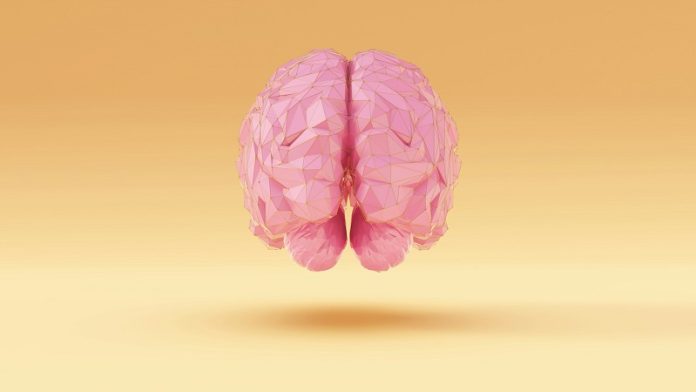
Recent research has shown that our diet plays a crucial role in maintaining not just our physical well-being but also our brain health.
Eating a diet high in sugars and processed foods can weaken brain function and negatively impact mental health.
To keep your brain running smoothly, it needs healthy foods like fruits, vegetables, whole grains, fish, and lean meat.
Our brain and gut are connected through a pathway called the gut-brain axis. The vagus nerve links your brain and stomach, allowing them to communicate directly.
This connection is why you feel “butterflies in your stomach” when you’re nervous. The gut is sometimes called the “second brain” because of this important link.
The microbiome, which is full of tiny organisms living in our gut, can significantly impact our mood and mental health.
These organisms thrive when you eat a diet rich in fiber from whole foods. By eating “brain foods,” you can boost your mental alertness and mood. Here are some of the best foods for your brain:
Berries: Berries, especially blueberries, are rich in flavanols, which improve cognitive function by increasing blood flow to the brain. The antioxidants in blueberries protect brain cells from oxidative stress and inflammation. Regular consumption of berries has been linked to a decreased risk of cognitive disorders like Alzheimer’s and dementia.
Fish: Omega-3 fatty acids in fish are crucial for a healthy brain. They reduce inflammation and improve communication between brain cells. Omega-3s also help grow and repair brain tissue, enhancing cognitive function. You can find these healthy fats in seafood like salmon, sardines, mackerel, tuna, cod, and oysters.
Leafy Greens: Spinach, arugula, kale, and collards are rich in vitamins A and C, high in fiber and folate. Research shows that eating leafy greens regularly can slow cognitive decline and improve memory as you age. Add these nutritional powerhouses to whole grain pasta, soups, and smoothies for extra benefits.
Nuts: Nuts like walnuts, pistachios, and almonds are great for brain health. Almonds can help improve memory, pistachios reduce inflammation and aid cognition, and walnuts are rich in antioxidants and DHA, a fatty acid that may enhance learning ability.
Taking care of your brain health also means taking care of your gut. A healthy microbiome is linked to a reduced risk of mental health disorders and better memory and cognition. Here are some foods that support a healthy gut:
Probiotic Foods: Probiotic foods help create a healthy microbiome, which produces chemicals like serotonin and dopamine that regulate mood and support brain health. Probiotic foods include yogurt, kimchi, buttermilk, fermented vegetables like sauerkraut, and some cheeses. Regular consumption of probiotic foods is linked to reduced anxiety and depression and improved memory and learning abilities.
Prebiotic Foods: Prebiotic foods like garlic, onions, and bananas nourish beneficial gut bacteria, which in turn support brain health. These foods help produce compounds like short-chain fatty acids that reduce inflammation and support brain function. To maintain a healthy gut and protect your brain, eat plenty of fiber from fruits and vegetables, whole grains, and legumes like beans or chickpeas. Adults should aim for 25–30 grams of fiber per day.
By choosing the right foods, you can boost your brain health and improve your overall well-being. Make these nutritious choices a regular part of your diet to keep your brain sharp and your mood balanced.
If you care about brain health, please read studies that eating apples and tea could keep dementia at bay, and Olive oil: a daily dose for better brain health.
For more health information, please see recent studies what you eat together may affect your dementia risk, and time-restricted eating: a simple way to fight aging and cancer.



